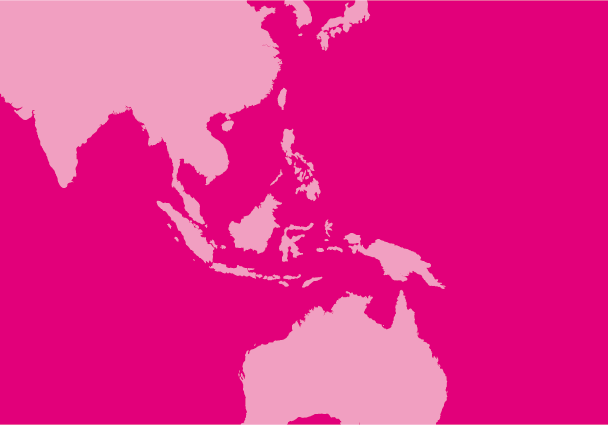Experience from around the world has shown that in such acute situations as in Sri Lanka, a professional, impartial and international human rights field operation can play a significant role.
“Together with other strategies, it can help to protect lives, reveal the truth about abuses on all sides and increase the space for local governmental and civil society actors themselves to protect civilians”, said the ICJ.
“An international human rights field operation is especially needed when, as in Sri Lanka, justice and human rights mechanisms of the state are struggling to function effectively and independently, and when an armed opposition group such as the LTTE has prevented any independent and effective human rights mechanism developing in territory it controls”, added the ICJ.
The Sri Lankan Human Rights Commission (HRC), the state body with primary responsibility to promote and protect human rights in Sri Lanka, already concluded after a fact-finding mission in December 2003:
“It is the Commission’s belief that no national or regional human rights entity will be able to effectively monitor and implement human rights standards in the north and the east. No organisation or individual enjoys that kind of universal authority and legitimacy”.
In reaching its conclusions the HRC highlighted abuses by the Liberation Tigers of Tamil Eelam (LTTE), such as political killings, recruitment of child soldiers, abductions and extortions, as well as violations by the state. The HRC reiterated its recommendation after a further fact-finding mission in April 2005.
Since the HRC’s findings the human rights situation in Sri Lanka has deteriorated sharply and the independence of the HRC was itself undermined in 2006 when the President of Sri Lanka directly appointed its Commissioners, contrary to the Constitution. Despite the courageous work of individual human rights officers, the HRC as an institution is not able effectively to protect human rights.
The criminal justice system, especially the police, the Attorney-General’s Office and the judiciary, have not been able to deliver justice for victims of serious human rights violations.
“The limits of the justice system were brought into stark relief this month, when the Magistrate in charge of the inquest into the killing of 17 Action Contre la Faim aid workers in Muttur last August, found the police investigations to be inadequate and expressly ordered that further investigations be carried out and that potential witnesses be protected so they feel safe to testify”, said the ICJ.
Confidence in the judiciary, an essential protector of the rule of law and human rights, has also reportedly declined in recent years. Reported threats against members of the judiciary and legal community that strive to uphold the rule of law are a further challenge to the independence and functioning of the justice system.
The ICJ urged the Government to demonstrate its political will to ensure prompt, thorough and impartial investigations into serious human rights violations and to bring those responsible to justice. Such action is essential to restore confidence in the justice system and to tackle systemic impunity in Sri Lanka.
“A professional international human rights presence can also encourage the justice system and other national human rights protection mechanisms and support any genuine government efforts to make the justice system effective”, said the ICJ.
In November 2006, the President established a national Commission of Inquiry to look into 16 selected killings and disappearances.
“We hope the Commission of Inquiry will identify where responsibility lies for some serious human rights violations and point out action that is needed. But only if it has complete access, works professionally and is able to make robust recommendations that are implemented swiftly and effectively by the Government”, said the ICJ.
“But the Commission of Inquiry is a one-off investigative process and cannot protect countless people at risk. It will investigate a very limited number of cases and submit a confidential report only to the President. It is not a substitute for urgent national action combined with an international human rights field operation,” continued the ICJ.
Since the last Human Rights Council session in December 2006, Sri Lanka’s civilian population has been further brutalized by all parties to the conflict. There is no longer any question that gross violations of international humanitarian law and international human rights law are taking place in Sri Lanka, including: targeted killings of civilians, enforced disappearances, torture, forced displacement, and forced recruitment of children. The LTTE, state security forces and the Karuna Faction are all committing abuses.
An international human rights field operation in Sri Lanka would investigate and verify allegations of human rights violations and provide a visible presence to help dissuade abuses. Through quiet diplomacy and public advocacy it would identify immediate action that all parties should take and support longer term reforms. The operation would encourage and seek to increase the space for local human rights actors to operate effectively.
Sri Lanka-national protection mechanisms-press release-2007-eng (full text, PDF)





